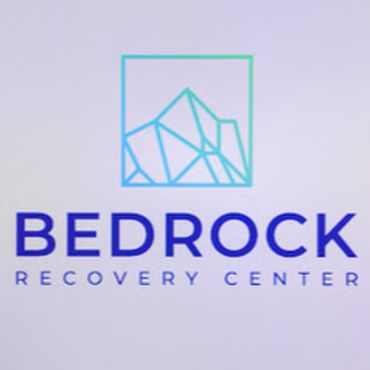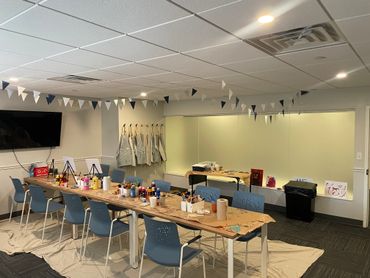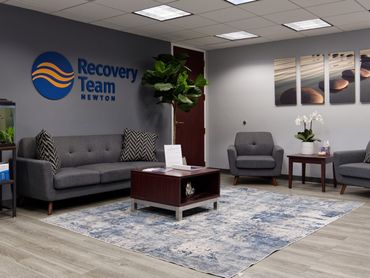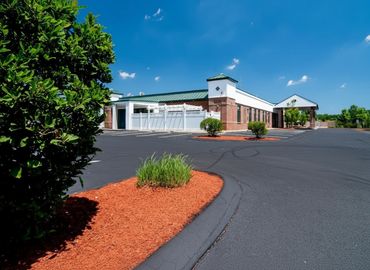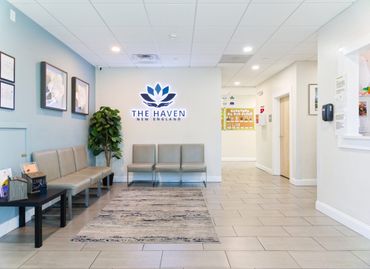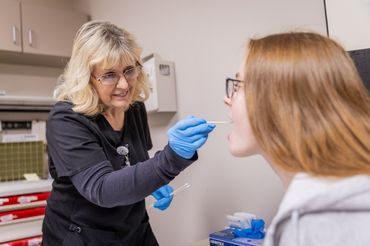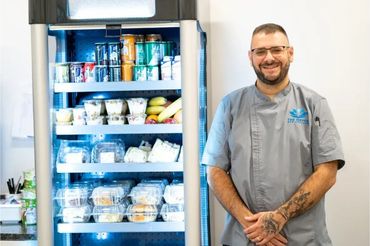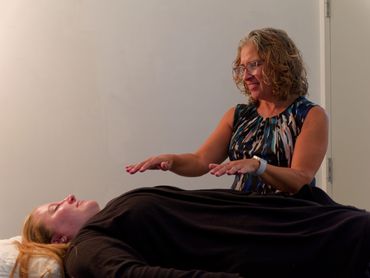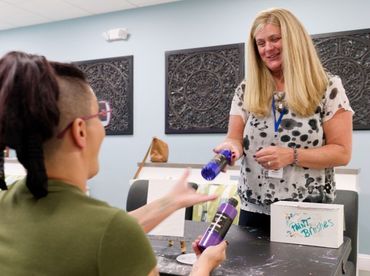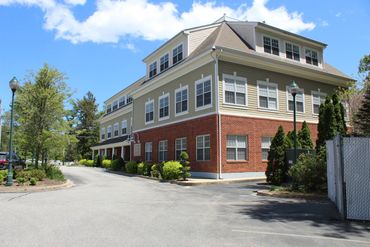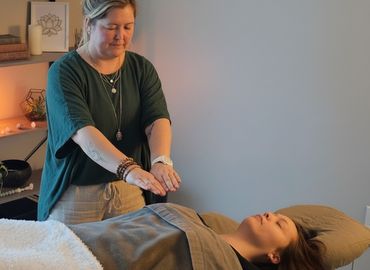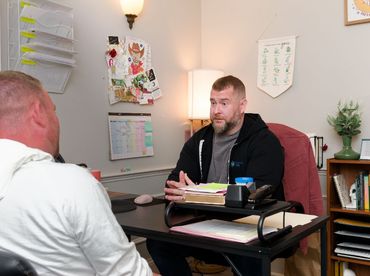
Drug & Alcohol Rehab Centers near Canton, MA
Finding treatment for substance use disorder in Canton, Massachusetts is a crucial step on the path to recovery. Before embarking on this journey, it’s essential to understand the available treatment options and payment choices to ensure a smooth transition toward healing and sobriety.
Treatment Centers near Canton, MA



All Treatment Centers near Canton, MA
Are You Covered For Treatment?
- Worcester Rehabs
- Boston Rehabs
- Springfield Rehabs
- Brockton Rehabs
- Fall River Rehabs
- Taunton Rehabs
- New Bedford Rehabs
- Holyoke Rehabs
- Framingham Rehabs
- Tewksbury Rehabs
Information About Rehab in Canton
Latest Reviews
Latest Reviews of Rehabs in Massachusetts
Hope House Addiction Services
The staff is comprised of ex-addicts who take their sobriety serious and are always willing to help you.
Recovery Centers of America at Danvers
RCA has improved my life exponentially. From individual therapy to group therapy to Alumni meetings, RCA has provided the support and education I needed to make sustainable changes.
Area Information
Canton, Massachusetts, is a picturesque town known for its rich history and charming attributes. Nestled in Norfolk County, this community boasts a population of just under 26,0001 who enjoy a serene and close-knit atmosphere. With its scenic landscapes, excellent schools, and a thriving local economy, Canton provides a high quality of life for its residents. Its historical sites, such as the Paul Revere Heritage Site, offer a glimpse into the town’s past, while the Blue Hills Reservation provides outdoor enthusiasts with ample opportunities for hiking and exploration. Canton is a place where history and modern amenities harmoniously coexist, making it a desirable location for families and individuals alike.
Substance Misuse and Addiction in Canton, Massachusetts
Regrettably, substance misuse and addiction are widespread issues in Canton, Massachusetts, as well as throughout Norfolk County, where Canton is located. This problem is particularly pronounced when it comes to opioid misuse. As per information gathered by the Massachusetts Department of Public Health, the year 2022 witnessed a total of 160 opioid overdose-related fatalities.2
Drug and Alcohol Rehab
Rehabilitation centers offer a range of options and programs to treat addiction and support individuals on their path to recovery. These programs encompass various levels of care to accommodate the diverse needs of those seeking help, ensuring that individuals receive the appropriate treatment based on their unique circumstances.
What Happens in Drug and Alcohol Rehab?
The journey to recovery typically involves several stages of treatment, including detox, inpatient, outpatient, and aftercare. Each stage serves a specific purpose and is designed to address different aspects of addiction, and the choice of level of care depends on an individual’s needs and progress.
Detox Programs
Detox programs are a critical first step in the journey to recovery. They are designed to help individuals safely and comfortably manage the withdrawal symptoms associated with their substance of abuse. These programs are medically supervised, and medications may be administered to alleviate the discomfort of withdrawal. he primary goal of detox is to ensure that the individual is physically stable and no longer experiencing acute withdrawal symptoms before moving on to the next phase of treatment.
How Long Is Detox in Rehab?
The duration of detox can vary significantly based on several factors, including the type of substance being used, the duration of the addiction, an individual’s overall health, and the severity of withdrawal symptoms. In some cases, detox may last as little as three days, while for others, it can extend to seven days or more.
Inpatient Drug and Alcohol Rehab
Inpatient treatment programs, often referred to as residential rehab, offer a highly structured and supportive environment for individuals seeking recovery. These programs typically last for 30, 60, or 90 days, although the duration can be adjusted to meet an individual’s specific needs. Inpatient drug and alcohol rehab provide a comprehensive approach to treatment. Patients reside at the facility, receiving round-the-clock care and support. Therapy, including individual counseling, group therapy, and various therapeutic modalities, is a central component of inpatient rehab. These programs are designed to address not only the addiction but also any co-occurring mental health disorders, providing a holistic approach to recovery.
Outpatient Drug and Alcohol Rehab
Outpatient treatment programs offer individuals more flexibility while providing the necessary support for their recovery journey. These programs are designed for individuals who have completed detox or inpatient treatment and need ongoing therapy and counseling to maintain their sobriety. Outpatient drug and alcohol rehab can last for several weeks or months, with sessions typically scheduled on a part-time basis. These programs include individual and group therapy, as well as education on relapse prevention and life skills. Outpatient treatment is well-suited for those who have family or work commitments but still require structured support as they transition back to their daily lives. Tools for aftercare and relapse prevention are taught in outpatient programs to help individuals maintain their progress and avoid the pitfalls of addiction.
How Much Does Rehab Cost?
Paying for rehab can be a daunting prospect, but it should not deter anyone from seeking help. Various options exist to help individuals access the treatment they desperately need, such as:
- Payment Plans
- Government Grants and Scholarships
- Free Rehab
- State-Funded Rehab
Does Insurance Cover Drug and Alcohol Rehab?
Many insurance providers offer coverage for drug rehab, alleviating some of the financial burden. It’s important to explore your drug rehab insurance options and understand what your policy covers. Widely accepted drug rehab insurances include:
Finding The Best Rehab Center
Canton, Massachusetts Drug and Alcohol Rehab Facilities
When considering rehab facilities, our rehab locator tool can be a valuable resource, allowing you to search for nearby facilities. While staying in-state can be an option, it’s often recommended to consider out-of-state treatment to minimize distractions and focus solely on recovery. Our locator tool can help you find the best treatment facility, whether in Massachusetts or elsewhere.
Sources
- United States Census Bureau. Canton, Massachusetts. July 1, 2022.
- Massachusetts Department of Public Health. Number of Opioid-Related Overdose Deaths, All Intents by County, MA Residents: 2012-2022. June 2023.

















